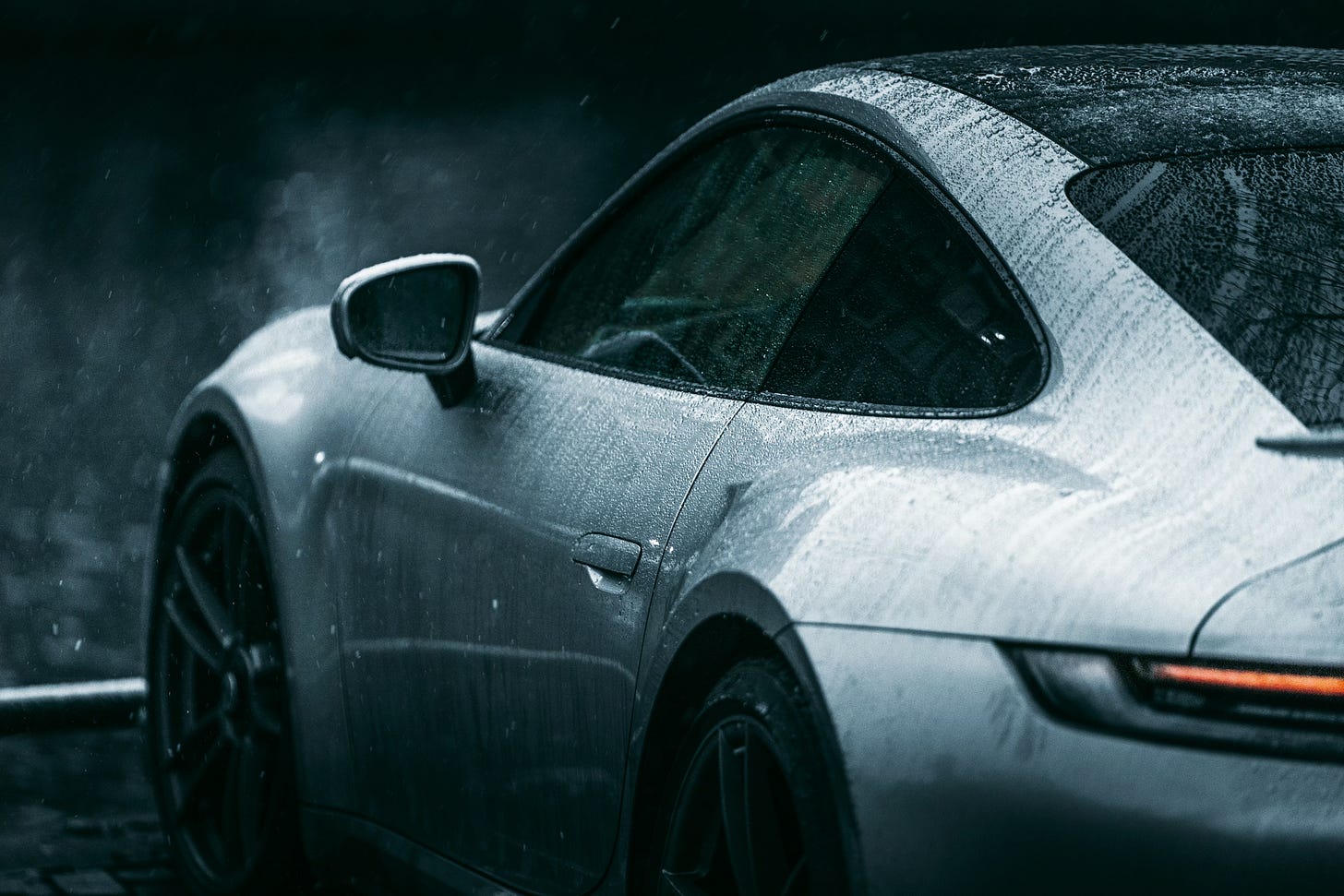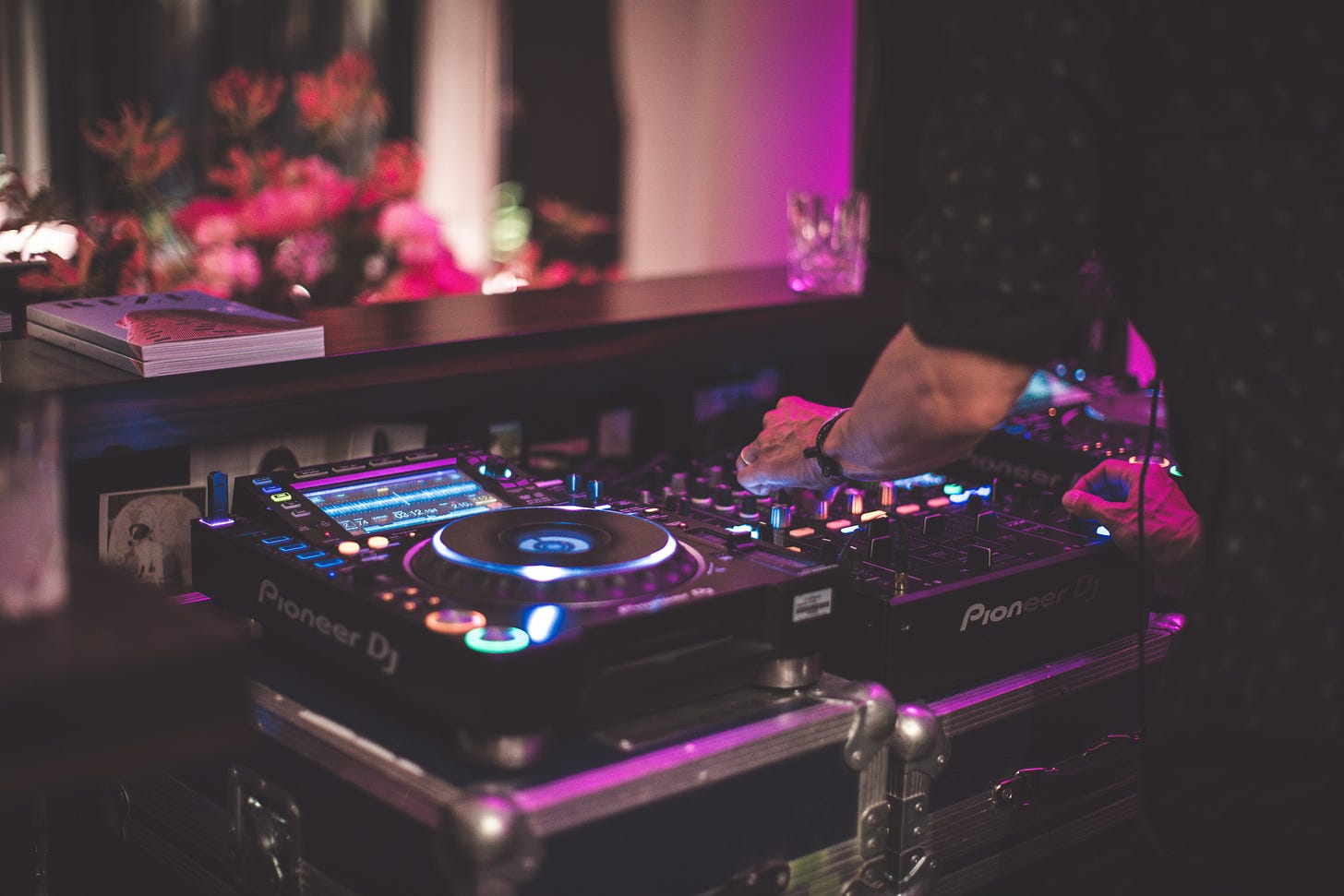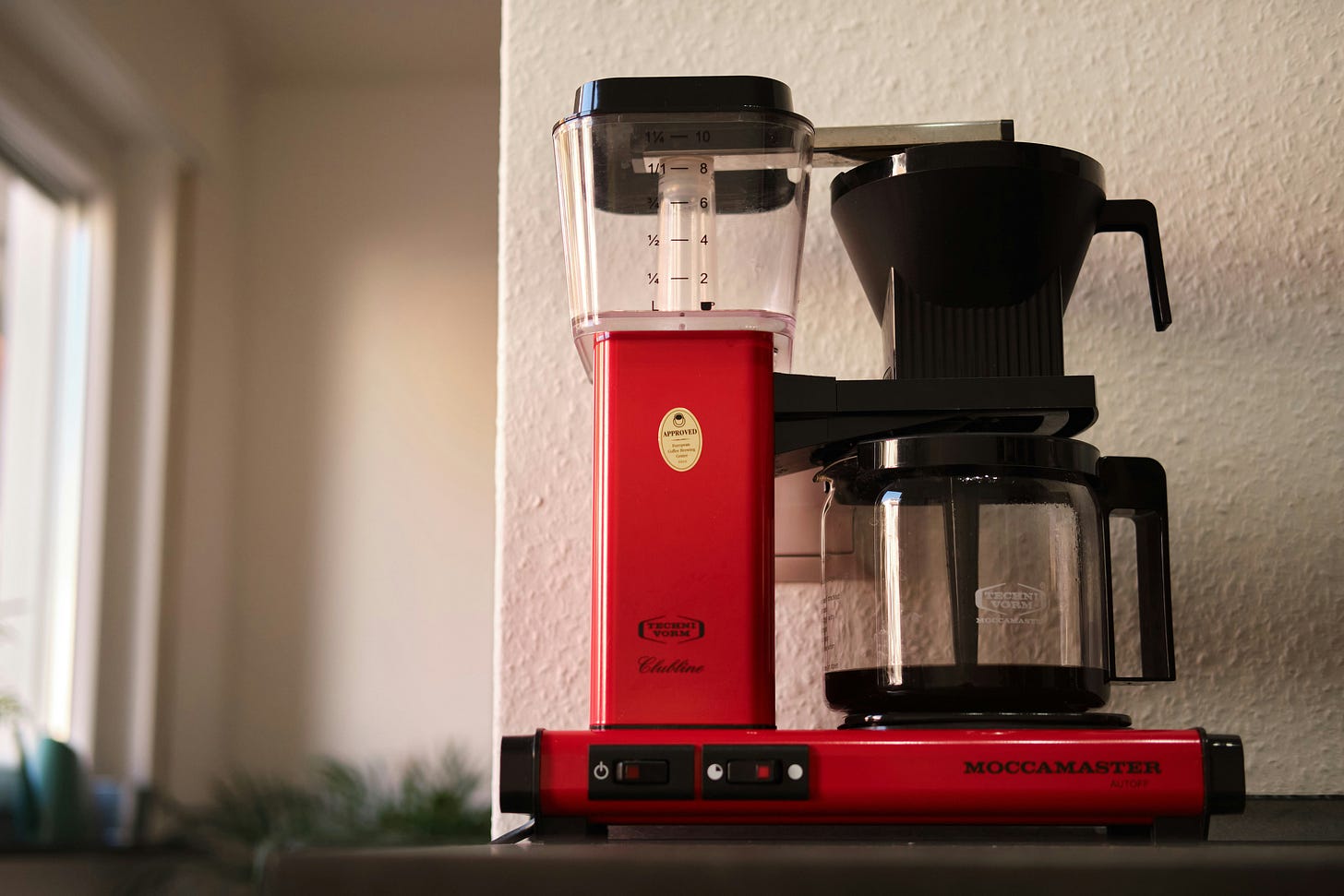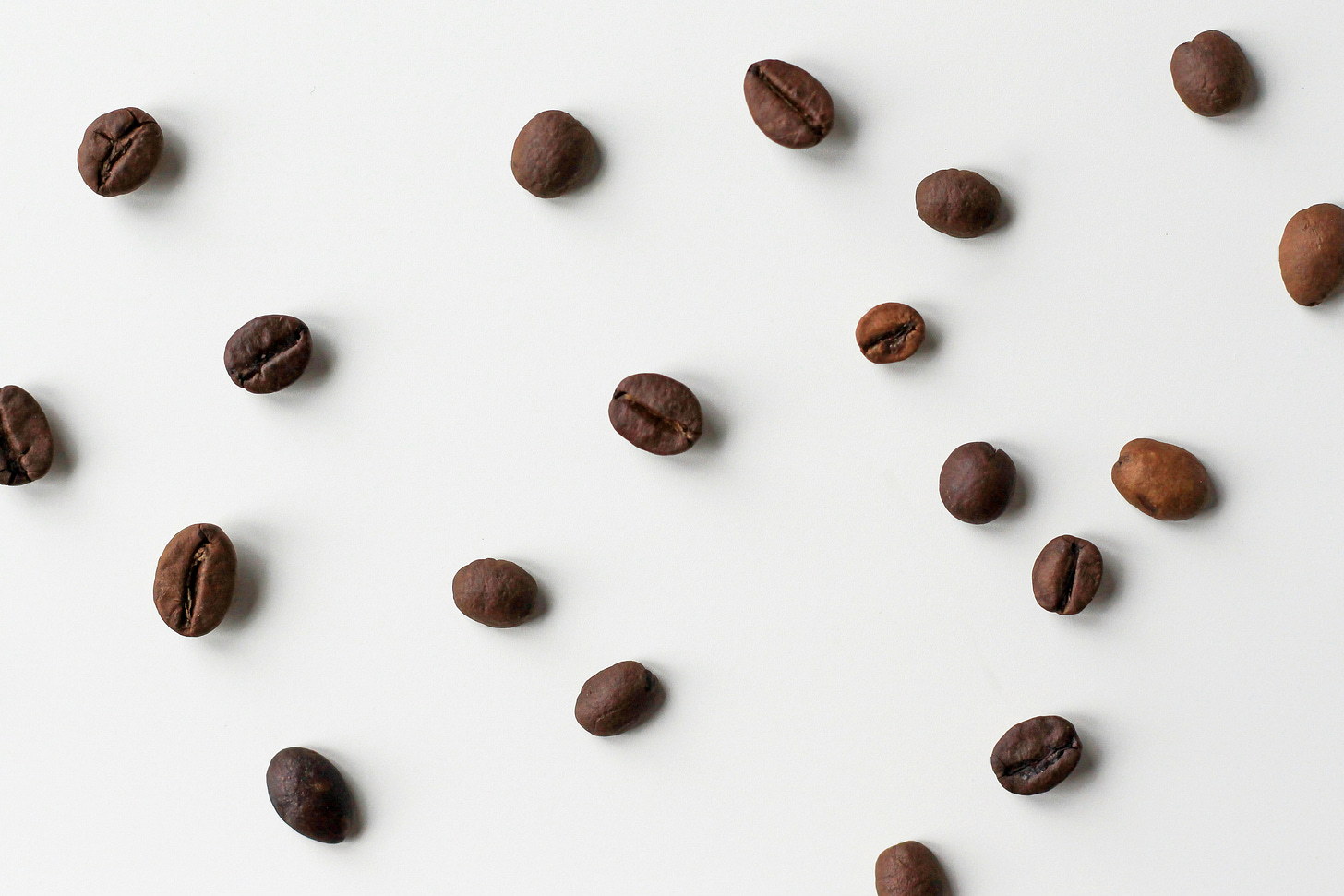The Future of Coffee: Innovation, Mistakes, and a Brewing Crisis
Issue 5
Each week, we bring you the most important coffee stories—whether it’s game-changing innovations, industry challenges, or just better ways to brew at home. This week, we look at what specialty coffee can learn from Porsche, a rare climate-resistant bean that could reshape the future, and why coffee shops are turning into nightclubs (and why that’s a bad idea). Let’s dive in.
What Porsche Can Teach Specialty Coffee About Staying Iconic
Porsche has perfected the balance between heritage and innovation. The 911 has evolved over decades while staying true to its core identity—something specialty coffee struggles with as it modernizes. Porsche also expanded with SUVs like the Cayenne without cheapening its brand, a strategy coffee companies could learn from when introducing more accessible products. The brand’s meticulous engineering isn’t just about specs—it’s about delivering an experience, much like how specialty coffee should focus on quality without overwhelming consumers with technical jargon. Porsche’s enthusiast community is another lesson: the best brands foster deep loyalty rather than chasing trends. Coffee needs to evolve, but it must do so without losing sight of what makes it special.
The Coffee-Shop-Turned-Nightclub Trend is a Mistake
More specialty cafés are hosting DJ nights, dimming the lights, and turning into makeshift clubs—and some argue this is hurting coffee culture. A great coffee shop thrives on ritual, consistency, and community, not hype-driven crowds who won’t stick around once the trend fades. When coffee shops pivot to nightlife, they risk alienating their most loyal customers while failing to establish themselves as serious venues. Coffee culture is built on quiet moments, not chaos. A better way to engage the community? Host events that actually celebrate coffee—cuppings, brewing workshops, and discussions on sustainability. The best cafés don’t chase trends; they stand for something real.
The Best Coffee Makers Right Now
Drip coffee has undergone a quiet revolution. The latest machines bring precise temperature control, brewing profiles, and automation that rival pour-over methods. The Fellow Aiden ($365) is this year’s best overall pick, offering both guided brewing and deep customization. The Ratio Four ($259) is the best single-serve drip machine, delivering a full-bodied cup with one button. For those who love automated pour-over, the xBloom Studio offers craft-roasted pods and custom recipes. The Moccamaster KGBV Select ($359) remains the gold standard for reliability, while the Oxo 12-Cup Coffee Maker ($200) is the best option for larger households. Even budget-friendly machines, like the Zojirushi Zutto ($95), are proving that great coffee doesn’t have to be expensive.
Can This Rare Coffee Save the Industry?
As climate change devastates traditional coffee crops, excelsa, a little-known species native to South Sudan, could be a game-changer. Unlike arabica and robusta, excelsa thrives in extreme heat and drought, making it a potential solution for coffee’s uncertain future. Farmers in South Sudan are beginning to cultivate it, and early trials suggest it could compete with high-quality arabica in flavor, offering notes of chocolate and dark fruit. However, logistical and political challenges make large-scale production difficult. With companies like Nespresso expressing interest, the real question is whether excelsa can scale fast enough to fill the supply gap left by struggling arabica farms.
Are You Brewing Coffee Wrong? A Coffee Expert Weighs In
Simple mistakes could be keeping your morning coffee from reaching its full potential. Sarina Prabasi, founder of Buunni Coffee, shares seven common missteps. Washing your coffee maker too often with soap can leave behind unwanted flavors—a simple hot-water rinse is often enough. Buying too much coffee at once leads to stale brews—opt for smaller, fresher batches. Changing too many brewing variables at once makes it hard to pinpoint improvements—adjust one thing at a time. Using tap water can introduce off-flavors—filtered water improves extraction. Ignoring aroma can signal stale beans—if coffee has no scent, it’s likely lost its complexity. Overlooking organic labels can mean more pesticide exposure—coffee is one of the most chemically treated crops. Always drinking coffee on the go misses the ritual—taking a moment to enjoy your coffee enhances the experience. Small tweaks can turn an average cup into an exceptional one.
That’s a Wrap
If you enjoyed this week’s Sip, share it with a fellow coffee lover. If you’re new here, subscribe now to get the top coffee stories delivered straight to your inbox every week.
See you next week.







